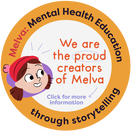|
We’ve been celebrating #IWill week – a week all about recognising the power of young people to create meaningful change through social action. This year marks 10 years of the #IWill movement and we’ve been involved across the last six, as an organisation supporting and empowering children and young people to make a difference on the issues that effect their lives. Social action is a broad term and at its heart, is people coming together to help improve their lives (and the lives of others) and solve the problems that are important in their communities. There are many ways to get involved including engaging with organisations like Mortal Fools and others listed here, volunteering, being an active and visible part of your community, digital campaigning, taking part in protests, fundraising…. Social action is an integral part of our work, as we cocreate performances, films and creative intervention projects that highlight the thoughts, insights, feelings, and ideas of our young people and give them a platform to express themselves whilst advocating for the change they want to see in the world. We enlisted Molly Taylor, an #IWill ambassador, young activist, and friend of Mortal Fools to tell us more about her activism journey and to explain the power of youth social action. What does activism mean to you? Being an activist means more than just caring about social issues. I was 12 when I started helping with the Syrian Refugee Crisis through Save the Children however, I only started seeing myself as an activist two years ago. Speaking up about my own experiences made me feel ready for the activist title. Now, I know being an activist is more than just a name; it's a responsibility. It means being real, staying determined, and doing what it takes to make a difference on important issues. Can you tell us a bit about your journey into activism? Two years ago, I was in my room, which used to be a safe place, but it started feeling suffocating. I felt lonely and scared, but talking to someone at UK Youth and joining a youth programme showed me that I wasn't alone. I met others who felt the same, and that's when I knew I had to do something and use my voice and experiences to help others. Where do you feel you’ve been able to make the most impact? I feel like I've made the biggest impact by being part of the Belong Collective Leadership Group for two years. It's a group of 12 activists like me who've experienced loneliness and want to help young people in the UK. I started by attending meetings and later designed and led webinars about loneliness awareness. This led to cool opportunities like being invited to 10 Downing Street and being part of discussions in Parliament. Sharing my experiences has helped shape the plan to tackle youth loneliness Nationally and connect the topic meaningfully to university students. What has been your biggest challenge? My biggest challenge is that I care so much about the cause that I sometimes forget to take care of myself. I'm working on that every day – I want to be the best person I can be while still making a difference for others. It's a double-edged sword because I want to help with loneliness, but the work can get overwhelming and make me feel lonely too. I've learned the importance of being kind to myself. I have recently taken up hip hop and salsa dancing lessons to make sure I am taking time out to have fun and learn new skills whilst meeting new people. But I also look after myself by setting boundaries and saying no to things throughout the week if I feel like I am getting tired and don’t have the energy. I also like to walk outside during the daylight hours, especially when it is sunny. What has been your most enjoyable moment? The best part of my journey is the community that I’ve found and connected with through campaigning. I now have friends from all over who care about making the world a better place for everyone. Why is finding a community important when engaging in social action? It is so important to find a community and sense of belonging when you are an activist. As activists we tend to think that we (alone) can solve all the problems, but that is not the case. I think this why the IWill week theme 2023 “what if the next big thing is a lot of little things?” is particularly important because we need to work together as a community, not only to support each other but to achieve systemic change. We can’t do it alone and shouldn’t have to. What barriers have you faced when engaging in youth social action? Getting into activism has had its challenges for me. One barrier I experienced, was feeling like my voice wasn't heard, especially when I was younger. It can be tough when you feel like people don't take you seriously. But I am happy to see youth voice becoming more embedded into education and organisations. I wish that model existed when I was younger. That’s why youth work is so powerful, and I hope every young person has access to a youth worker in the future. What advice would you give to a young person interested in creating change but not sure where to start? Start small and look for local groups or projects that align with your interests. Connecting with like-minded people can be powerful. Don't be afraid to share your ideas and remember that every little effort counts. Also, seek guidance from those who have been there before. Mentors can provide valuable insights and help you navigate the challenges of creating change. Any closing thoughts? I'd say that change begins with each of us. Stay true to your beliefs, surround yourself with a supportive community, and never forget that your voice matters. Together, we can create a world where positive change is not just a goal but a reality. And if you’re interested in learning more about Molly’s work, Mortal Fools have recently partnered with her project Alone No More which seeks to support young people by providing resources to organisations and youth workers that help them to initiate conversations about loneliness. Molly’s purpose is to ensure that no young person experiences loneliness alone. Check out the Alone No More website for more details here.
If you want to get more support with your activism journey check out: #iwill are committed to supporting young people to make real change on the issues that affect them and their communities. If you are aged 10-25 you can become an iwill ambassador to develop your confidence and skills and find a community of likeminded people who can support you in your activism journey. Find out more about the #iwill movement here. UK Youth have fantastic resources for youth workers and organisations to help embed social action into their work and empower their young people. Co-designed with young people the EmpowerHER toolkit is focussed on social action for women and girls. Find our more about UK Youth here. The Key UK was created to empower young people to realise their potential, develop the skills they need to thrive, and recognise the positive impact they can make in society. We have completed projects previously with the Key and have always had a great response from our young people. Find more information about the Key here.
1 Comment
Happy #YouthWorkWeek! From Monday 6th November to Sunday 12th November it’s Youth Work Week 2023. The theme this year is…Youth work in every place and space. ‘The key purpose of youth work is to….‘Enable young people to develop holistically, working with them to facilitate their personal, social and educational development, to enable them to develop their voice, influence and place in society and to reach their potential’ – Youth Work National Occupational Standards What makes youth work distinctive from other services is that youth workers have a voluntary relationship with young people which starts from where the young people are at, their interests, goals and experiences. Youth Work is a distinct educational process adapted across a variety of settings to support a young person’s personal, social, emotional and educational development. It begins with the development of a unique, trusting relationship with young people, which is utilised to:
We thought the best way to actually celebrate and champion youth work during #YouthWorkWeek, was to speak to an actual youth worker! We recently had the chance to sit down with YMCA Northumberland Youth Worker McKenzie to hear about his experience as a young person starting a career in youth work. McKenzie has recently become a paid member of staff at the YMCA after volunteering and studying for his Level 3 Youth Work diploma. Read on to find out about the rewards and challenges of youth work, practical advice for any young person interested in a youth work career and his experience as a young person early on in his youth work career. McKenzie, over to you…… What made you want to be a youth worker? Originally, I started a placement at YMCA Northumberland as part of my college course. I had tried a couple of places including a care home; but they didn’t quite fit. From my first visit to the YMCA, I felt welcomed, comfortable and supported. I saw in real time that youth work was making a difference and I valued that. Did you have any experience with youth clubs growing up? Not one bit; I felt like a bit of an antisocial weirdo! I started volunteering for YMCA at 16 and must have liked it, as I decided to stay. Do you wish you’d had a youth club when you were younger? I think spending time playing pool and chatting with good role models would have calmed me down a bit earlier and given me a bit of life perspective. Did anyone inspire you into youth work? I had a driving factor - it was an inspiration but not a very positive one. I had a family member who was neglected and seeing the impact on their life, made me realize that if there had been some form of youth services in the area, something that was offering support to young people, it could have made a big difference. And that’s my reason for getting into youth work. What do you think makes someone a good youth worker? Someone who deep down wants to make a positive difference; someone who’s not trying to be anything but themselves. You must be a people person and try to get on with everyone- youth workers are there to help people at the end of the day. Confidence, resilience and having a thick skin are all helpful attributes, as is prior experience with challenging behaviour. Youth work is often a drop-in service and we inevitably experience challenging behaviour, so it’s good to be in a position where it doesn’t shock you, you can handle it and move forward. What are the advantages of getting into youth work when you’re young? You can have long careers in youth work - therefore the earlier you start your career the better. I’ve been lucky to have brilliant mentors who have passed on their knowledge and wisdom to me. Additionally, I relate to the young people better as a young person myself. We are into the same things, and we often grew up in the same environment, so I share their perspective. We have a connection and something in common; that’s a good place to start in creating positive relationships with young people. What are the most challenging things about getting into youth work at a younger age? It can be intimidating. I was 16 years old when I started volunteering and when people are your age, it's very hard to speak from a place of wisdom. Whereas, if someone’s 40, people assume they’ve got a lot of life experience, and you should listen to them. You do need confidence but even if you’re not confident, after a few years of work, you’ll develop confidence. At the start, I was just sitting in the corner speaking to one or two young people out of 30, but now I’m comfortable running a session of 30. Showing up is the most important thing- if you show up even when you don’t want to, you’ll usually have a good session and you’ll gain confidence. And it’s important to remember you’re not going to be perfect at the start, but you keep improving with every new group of young people and each session. Everyone starts somewhere, and the other youth worker staff at the YMCA are very understanding and supportive. What are some practical steps folks can take if they’re interested in youth work?
Volunteering and gaining session experience has been the most important and useful thing for me. Anyone can contact a youth agency and ask to volunteer. From there you can gain experience and show that you are willing to go out of your way to make a difference and improve your skills and any future employer will look at that positively. It gives you the opportunity to try it out, go in with an open mind and learn something new. Then you can think about formal education. I did a level 3 diploma in youth work because I was interested but I didn’t necessarily think I would choose youth work as a career when I started. For me, education and youth work practice go hand in hand. Any final thoughts? Youth work is a great way to help people because you get to see the fruits of your labour. As long as you’re interested, just keep showing up – listening and learning from other youth workers and young people and you’ll get the rest in time. The youth sector is beginning to get the recognition it deserves as a front-line service which is key in tackling the youth mental health crisis and provides valuable opportunities for young people wherever they live. The government has recently pledged to fund the training of 500 new youth workers, making this a fantastic time to embark on a career in youth work. If you’d like to follow in McKenzie’s footsteps – we suggest linking up with the following organisations:
|
Archives
June 2024
Categories
All
|
MELVA |
CONNECT WITH US |
CONTACT US0191 580 1250
[email protected] |
MAILING LIST |
|
HEAD OFFICE
YMCA Northumberland North View Ashington Northumberland NE63 9XQ |
|
PRUDHOE OFFICE
Spetchells Centre Front Street Prudhoe Northumberland NE42 5AA |
Mortal Fools is a company limited by guarantee and a registered charity. Company number: 8102487. Charity number: 1153400.
View our Privacy Policy here. View our Safeguarding Policy here.
View our Privacy Policy here. View our Safeguarding Policy here.

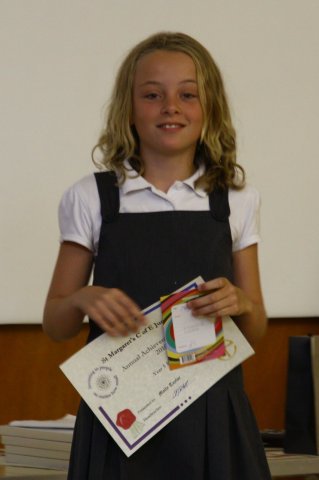
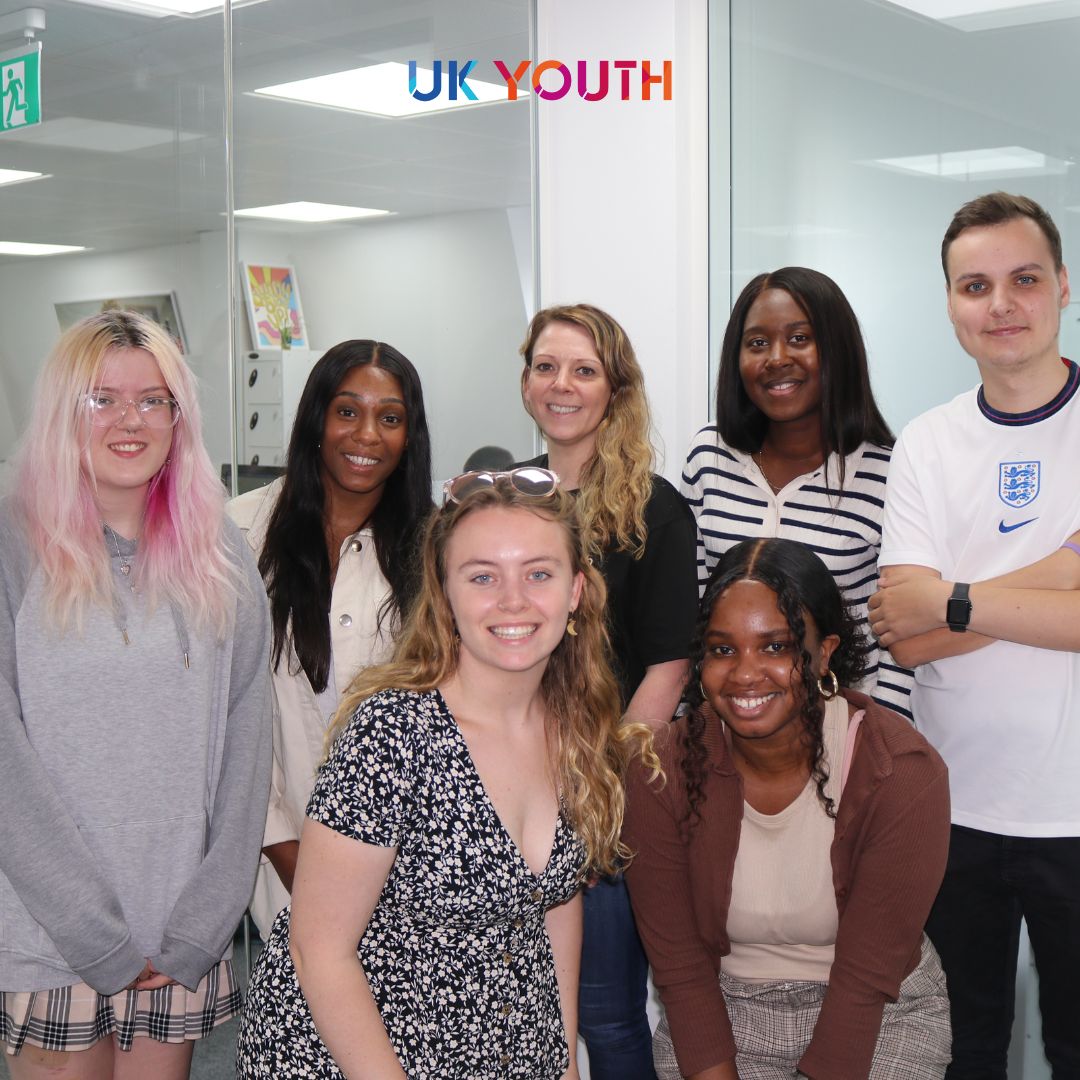
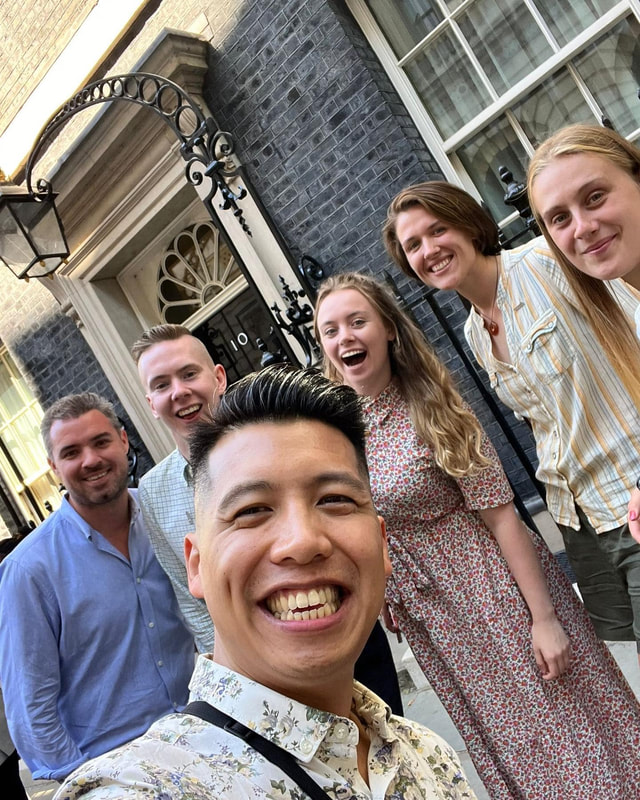
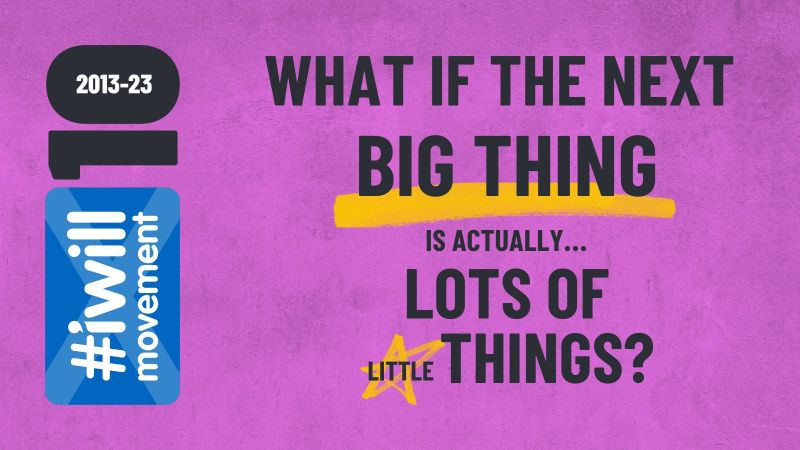
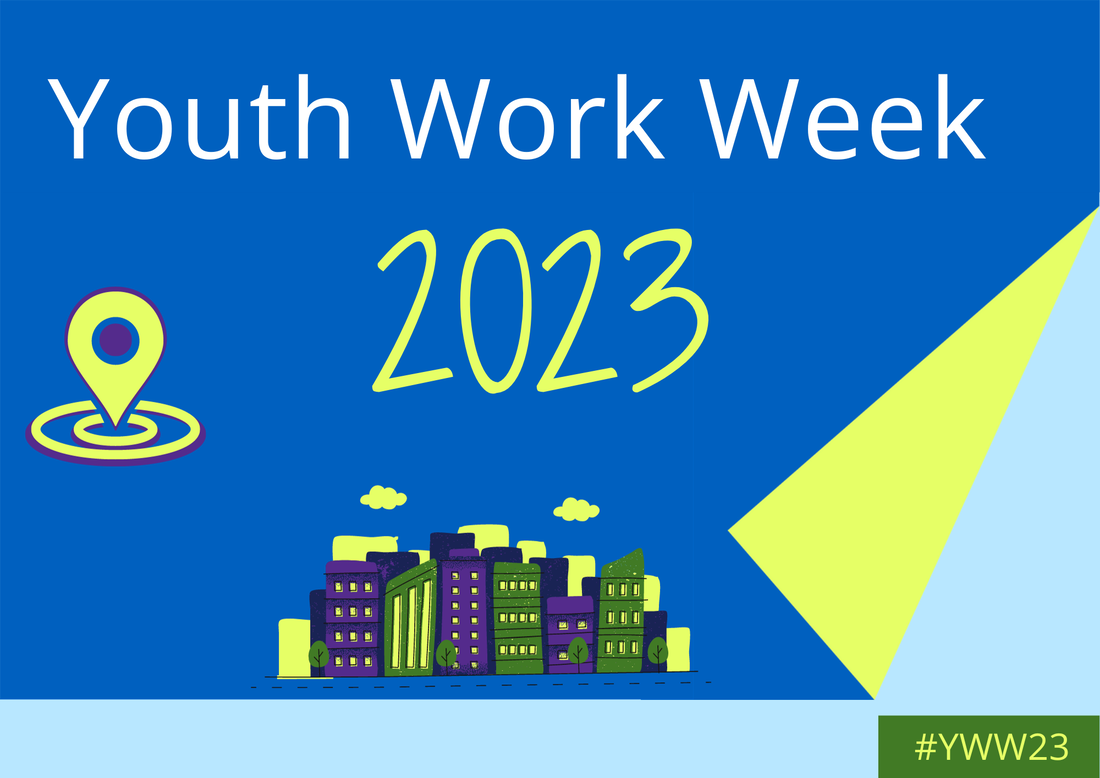
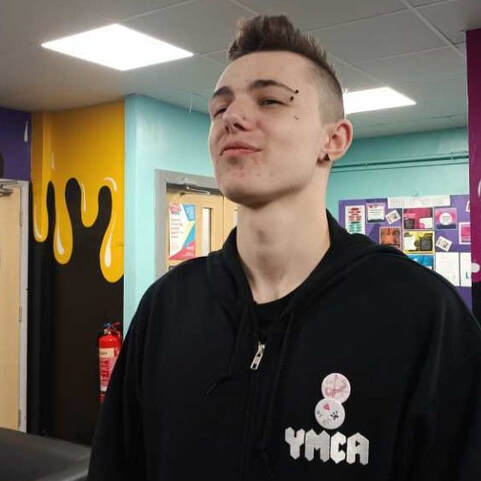
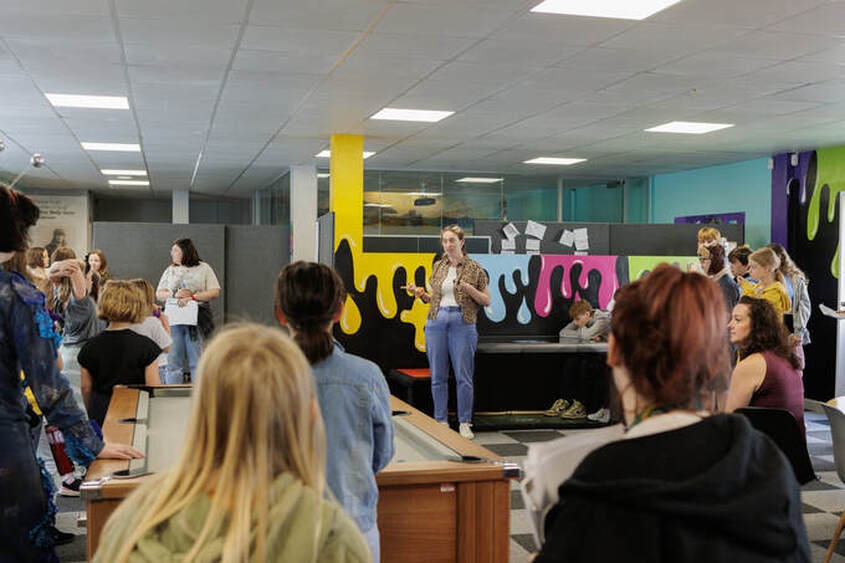
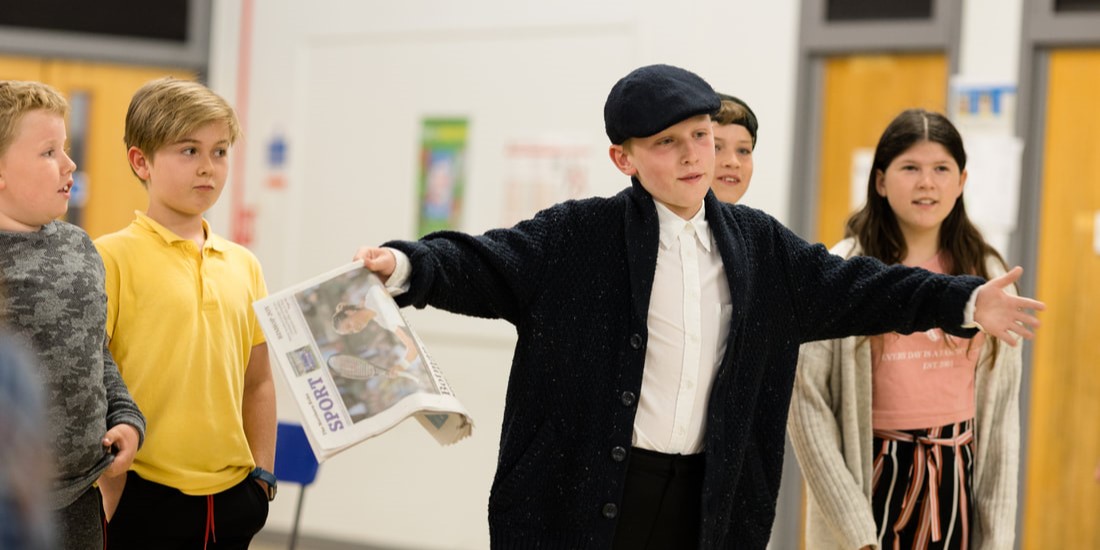
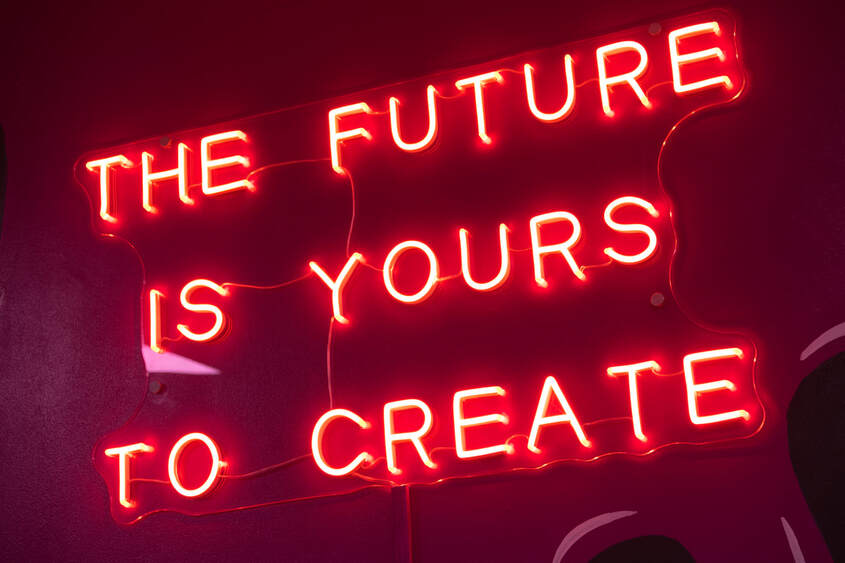
 RSS Feed
RSS Feed
